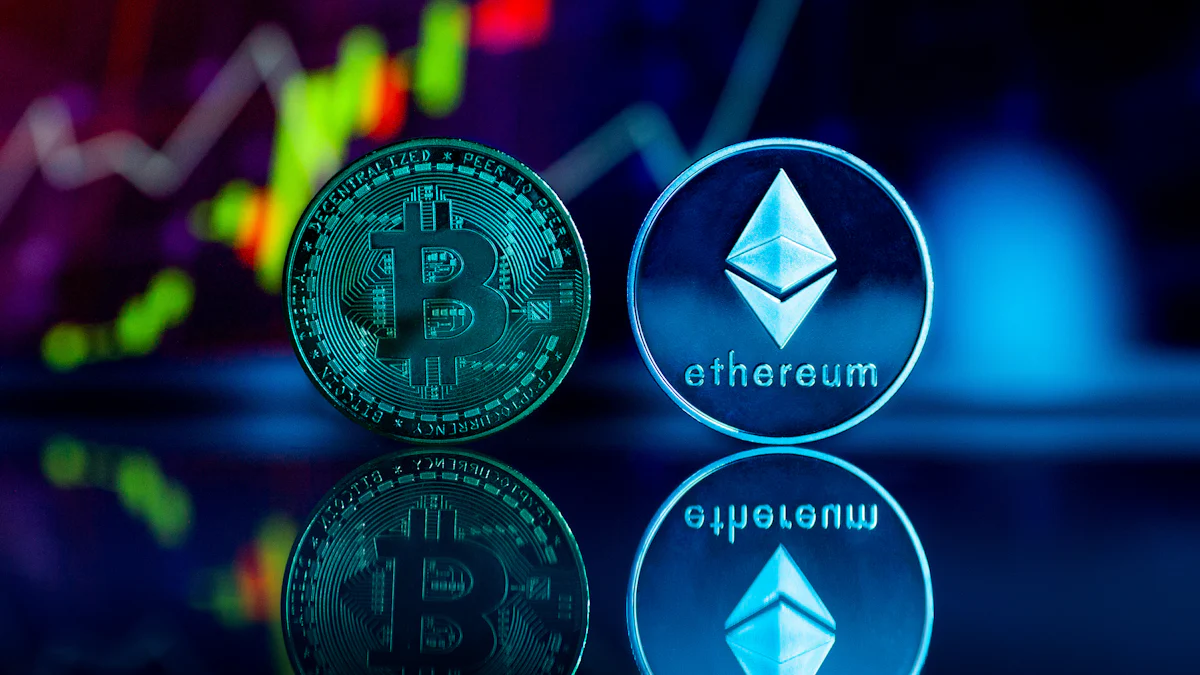Understanding DAO Fund Management and Community Incentives
 Understanding DAO Fund Management and Community Incentives
Understanding DAO Fund Management and Community Incentives
Understanding DAO
Decentralized Autonomous Organization (DAO) represents a groundbreaking shift in how funds are managed and how community members are incentivized. The concept of DAO has the potential to revolutionize traditional fund management by introducing transparent and decentralized processes. Voting weight and mechanism are integral to the effective functioning of DAOs, ensuring that decision-making is fair and representative of the community's interests. Moreover, community incentives within DAOs play a vital role in fostering active participation and commitment among members, thereby creating a more engaged and cohesive community.
Voting Weight
Importance of Voting Weight
The voting weight holds significant importance as it directly influences the decision-making power of participants within a DAO.
Understanding how the distribution and calculation of voting weight are determined is crucial for ensuring fair and effective governance.
Factors Affecting Voting Weight
The primary factor impacting an individual's voting weight is the number of tokens they hold within the DAO. This directly correlates to their decision-making influence.
Additionally, some DAOs take into account other factors such as reputation when determining the voting weight of members. This approach aims to create a more holistic representation of a member's contribution and involvement within the community.
DAO Community Incentives
Community incentives within DAOs are strategically designed to inspire and encourage active participation and contributions from members. These incentives are pivotal in cultivating a sense of community engagement and fostering a committed and involved membership base.
Role of Community Incentives
The primary role of community incentives is to motivate members to take an active role in the governance and operational aspects of the DAO. By offering rewards for governance involvement, such as participating in decision-making processes or contributing to the overall development of the organization, community incentives aim to ensure that members are actively engaged. Furthermore, these incentives also serve to encourage broader community involvement, ultimately strengthening the collective bond among DAO members.
Types of Community Incentives
Community incentives come in various forms, including financial rewards, governance tokens, and reputation points. Financial rewards may include direct monetary compensation for specific contributions or achievements within the DAO ecosystem. Governance tokens provide members with a stake in decision-making processes and can be utilized as a form of incentive for active participation. Additionally, reputation points are often used as a measure of a member's standing within the community, further reinforcing their commitment and involvement.
DAO in Practice
Implementation of DAO Fund Management
DAOs leverage smart contracts and decentralized governance to ensure transparent and efficient management of funds. Smart contracts are self-executing contracts with the terms directly written into code, enabling automated and secure transactions within the DAO ecosystem. This approach eliminates the need for intermediaries, promoting a high level of transparency in fund management processes.
Members actively participate in decision-making processes, collectively overseeing and controlling the allocation and utilization of funds within the DAO. This inclusive approach fosters a sense of ownership and responsibility among members, aligning with the core principles of decentralized governance.
Challenges and Opportunities for DAOs
Regulatory compliance poses a significant challenge for DAOs involved in fund management. Navigating complex regulatory frameworks while maintaining the decentralized nature of operations requires careful consideration and strategic planning.
However, DAOs also present opportunities for innovation in funding models, offering alternative approaches to traditional financial systems. By leveraging decentralized structures, DAOs can promote financial inclusivity by providing access to funding opportunities for individuals who may have been excluded from traditional financial systems. This potential for inclusivity aligns with the broader goals of decentralization and community empowerment within the DAO framework.
Voting Mechanism
Voting mechanisms within DAOs serve as the fundamental process through which members can propose and vote on governance decisions. This functionality is essential for ensuring that the community has a direct and influential role in shaping the direction of the organization. Transparency and security are paramount aspects of an effective voting mechanism, guaranteeing that decisions are made openly and with integrity.
Continuous evolution and improvement of voting mechanisms aim to enhance their efficiency and inclusivity within DAOs. By leveraging advancements in technology and governance processes, DAOs strive to make voting mechanisms more accessible and user-friendly for all members. Blockchain technology plays a crucial role in underpinning the trust and integrity of these voting mechanisms, providing a secure and immutable foundation for decision-making processes within decentralized autonomous organizations.
DAO Overview
Decentralized Autonomous Organizations (DAOs) are fundamentally reshaping the landscape of fund management by prioritizing transparency and community-driven governance. Embracing the significance of DAOs in both fund management and community engagement is pivotal for the advancement of decentralized ecosystems. As DAOs continue to evolve, they are actively shaping the future of decentralized finance and organizational governance, offering innovative solutions that prioritize inclusivity and collective decision-making.
